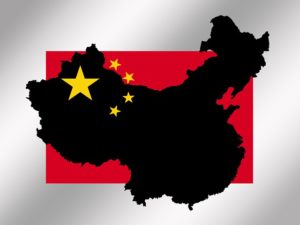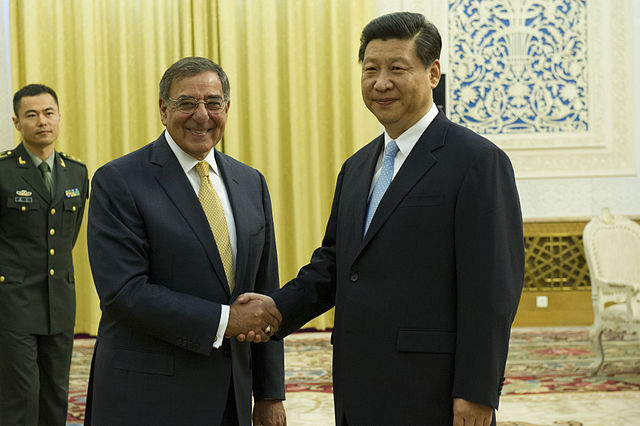As of November 7, 2016, a new Cybersecurity Law was proposed which will help strengthen the Chinese government’s ability to enforce existing practices, while introducing new requirements that will make it harder for companies and individuals to operate freely online.
The law will require internet companies such as instant messaging services and others to register using their real names and personal information. They will also have to censor content that the state deems “prohibited.” Forcing people to use their real names suppresses anonymity and promotes self-censorship for online communication.
Another aspect of the new law requires data localization which forces “critical information infrastructure operators” to store their data within the borders of China. One group which is opposed to the legislation, Human Rights Watch, says the law does not state a clear definition of these “infrastructure operators” and they fear many businesses could be lumped together into the definition.
“The law will effectively put China’s Internet companies, and hundreds of millions of Internet users, under greater state control,” said Sophie Richardson, Human Rights Watch’s China director.
Richardson of HRW also worries that now that the laws are being implemented more broadly this will lead to stricter enforcement than has been seen in the past.
Censorship is not the only issue worrying people concerned with freedom in China. Companies will be required to report “network security incidents” to the government. They will also have to let consumers know about security breaches, and must provide “technical support” to government agencies when they are investigating security breaches. But “technical support” is not well-defined, leaving room for companies to give encryption backdoors and other surveillance assistance to the government.
Even more worrisome is that the Cybersecurity Law makes criminal several types of content, including content that “encourages the overthrow of the socialist system,” “fabricating or spreading false information to disturb economic order,” or “inciting separatism or damage national unity.”
“If online speech and privacy are a bellwether of Beijing’s attitude toward peaceful criticism, everyone — including netizens in China and major international corporations — is now at risk,” said Richardson. “This law’s passage means there are no protections for users against serious charges.”

